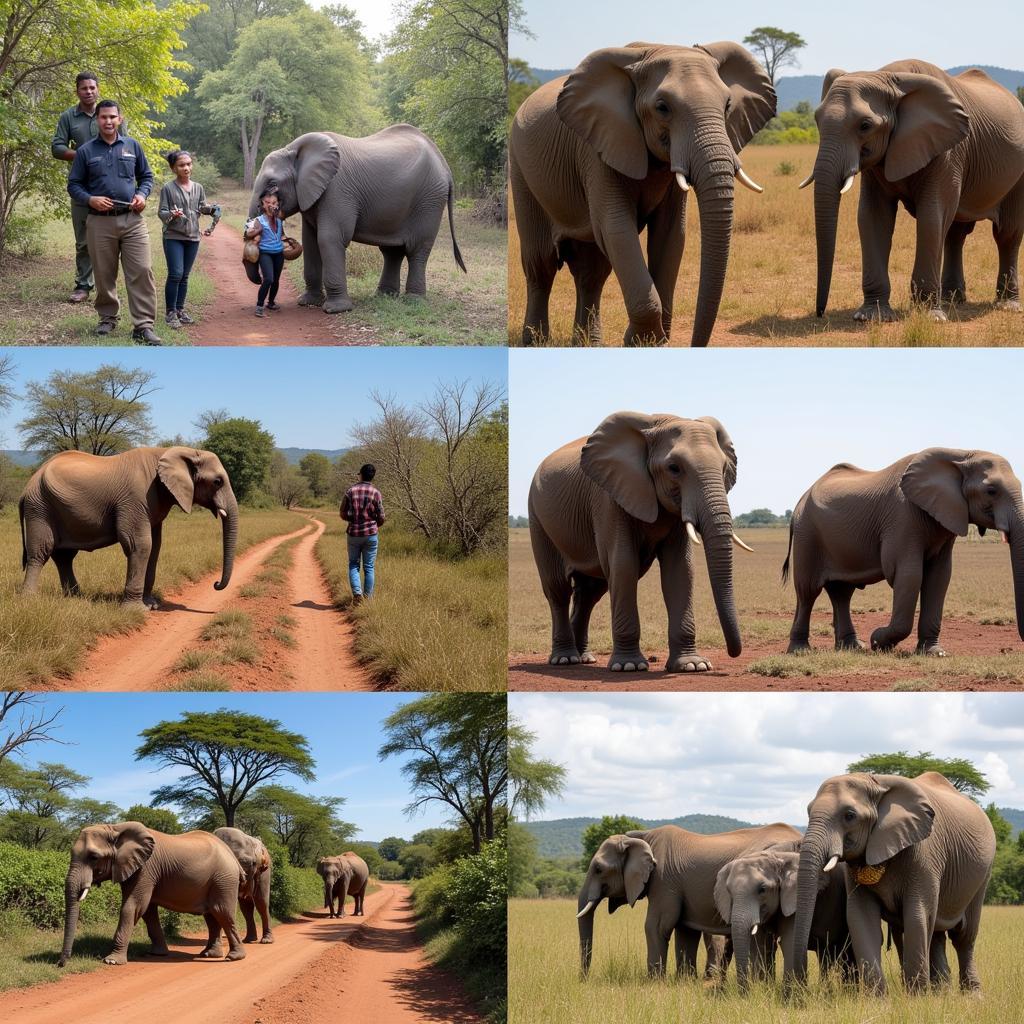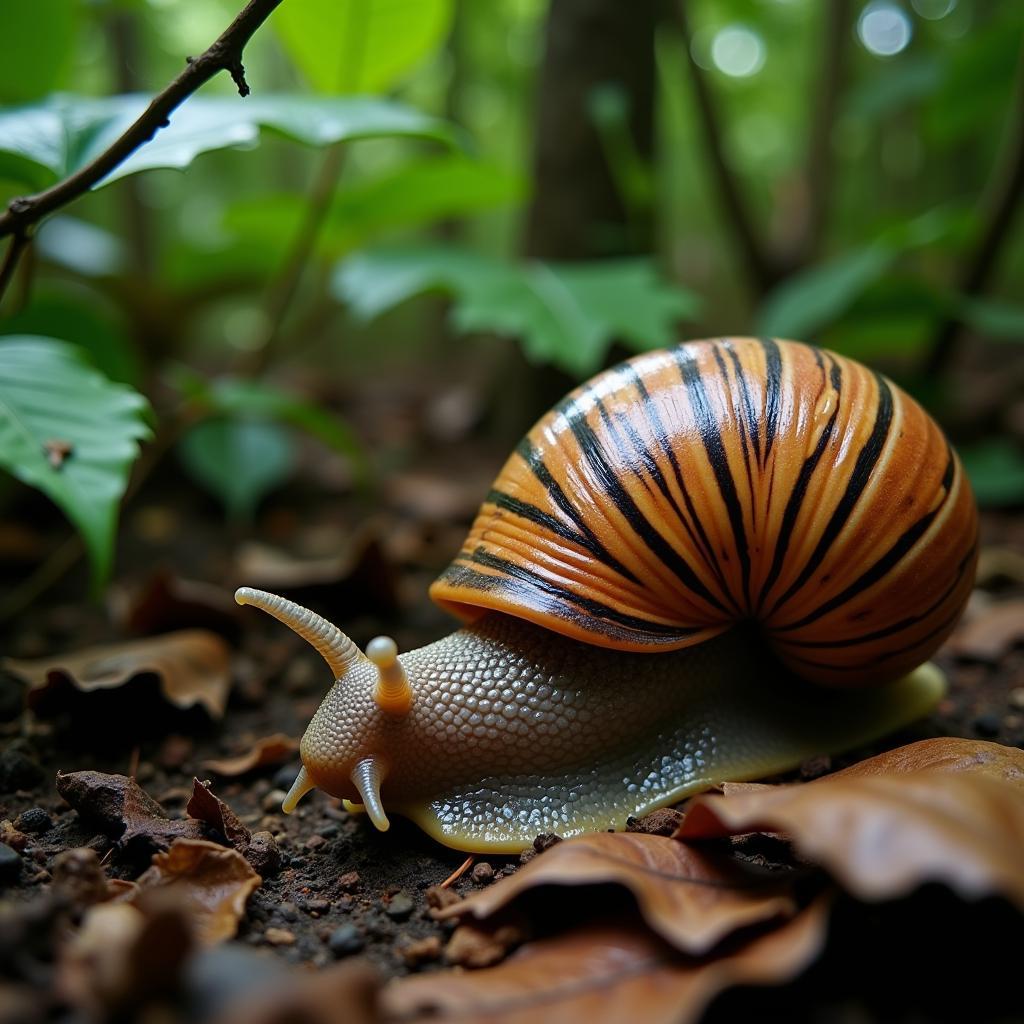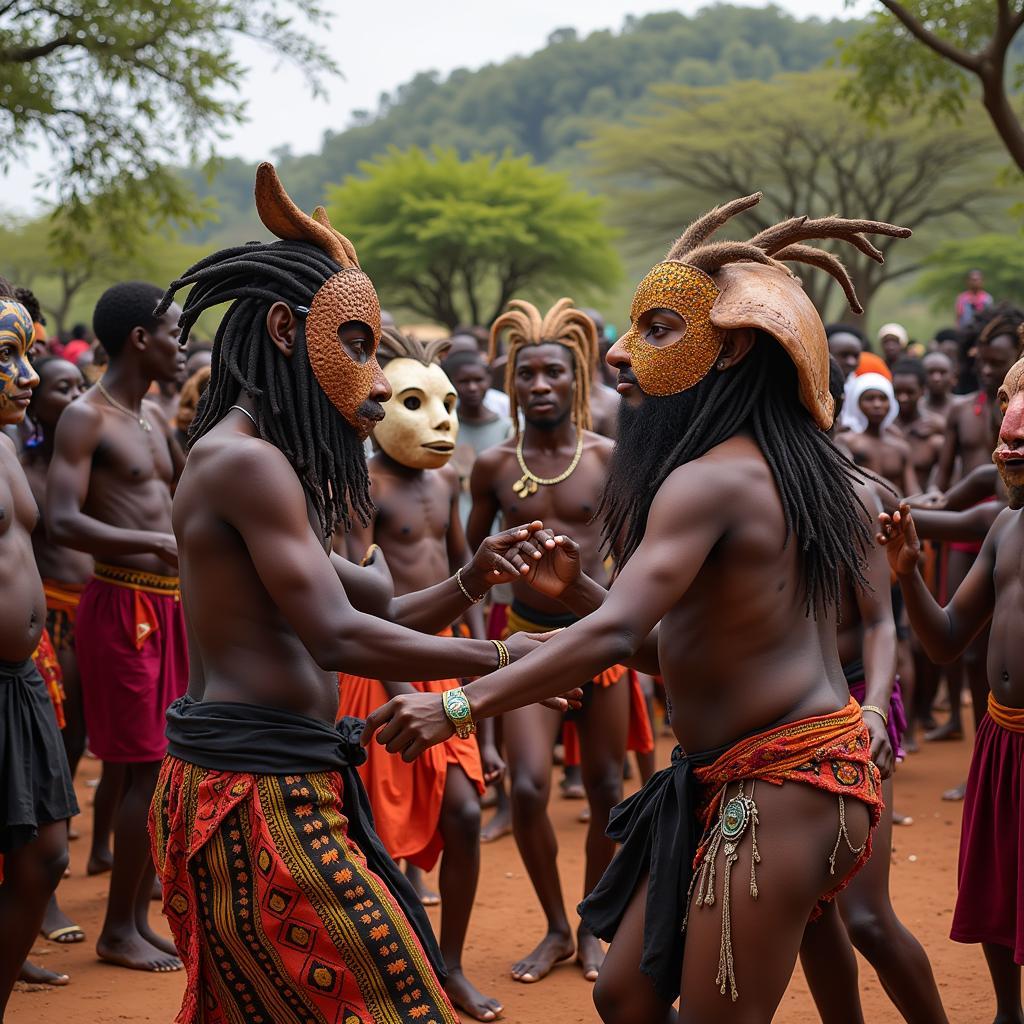The Tiny World of the African Pygmy Mouse
The African Pygmy Mouse, a creature so small it can fit comfortably in a teaspoon, is a fascinating marvel of the African continent. These tiny rodents, scientifically known as Mus minutoides, captivate with their miniature size and intriguing behaviors, offering a glimpse into a unique corner of African wildlife.
Discovering the African Pygmy Mouse: Size, Habitat, and Habits
African pygmy mice are the smallest rodents in the world, typically measuring only 3-8 centimeters in length, including their tail, and weighing a mere 3-11 grams. Their diminutive size makes them perfectly adapted to their diverse habitats, ranging from savannas and grasslands to woodlands and even semi-deserts across sub-Saharan Africa. These tiny creatures are primarily nocturnal, spending their days nestled within burrows or hidden amongst dense vegetation, emerging under the cover of darkness to forage for seeds, insects, and other small invertebrates. Their keen senses of smell and hearing help them navigate their surroundings and locate food.
The Social Life of the African Pygmy Mouse
Although small, African pygmy mice exhibit complex social structures. They live in colonies, often sharing burrows and engaging in communal activities. Communication plays a crucial role in their social interactions, utilizing a range of vocalizations, including high-pitched squeaks and ultrasonic calls that are inaudible to the human ear. These calls help them maintain contact with colony members, warn of danger, and attract mates.
African Pygmy Mouse as Pets: Considerations and Care
The African pygmy mouse’s small size and charming demeanor have led to their increasing popularity as exotic pets. However, caring for these delicate creatures requires specific knowledge and commitment. They need a specialized enclosure that mimics their natural habitat, providing ample hiding places and opportunities for climbing and exploring. A diet of high-quality seeds, supplemented with insects and fresh fruits and vegetables, is essential for their health and well-being.
What Does an African Pygmy Mouse Eat?
Primarily seeds, insects, and other small invertebrates.
How Long Does an African Pygmy Mouse Live?
In the wild, typically 1-2 years; in captivity, potentially up to 3 years.
Where Can I Find an African Pygmy Mouse Breeder?
Reputable breeders specializing in exotic pets can be found online and through local exotic pet communities.
Conservation Status of the African Pygmy Mouse
While not currently considered endangered, the African pygmy mouse faces potential threats due to habitat loss and fragmentation caused by human activities. Continued research and monitoring of their populations are vital for their long-term survival.
Dr. Asante Sanaa, a leading researcher in African rodent biology, states, “The African pygmy mouse, while seemingly insignificant due to its size, plays a vital role in the delicate ecosystem it inhabits.” He further emphasizes, “Understanding their behavior and needs is crucial for ensuring their continued presence in the African landscape.”
In conclusion, the African pygmy mouse, though tiny, represents a remarkable example of adaptation and resilience in the African wildlife. Whether in the wild or as a pet, these fascinating creatures offer a unique perspective on the diversity of life on this incredible continent. Learning more about the African pygmy mouse allows us to appreciate the interconnectedness of all living things.
FAQs
- What is the average lifespan of an African pygmy mouse?
- What do African pygmy mice eat in the wild?
- Are African pygmy mice social animals?
- What are the challenges of keeping an African pygmy mouse as a pet?
- Where can I find more information about the conservation status of the African pygmy mouse?
- How do African pygmy mice communicate with each other?
- What are the natural predators of the African pygmy mouse?
If you need further assistance, please contact us: Phone: +255768904061, Email: kaka.mag@gmail.com or visit us at Mbarali DC Mawindi, Kangaga, Tanzania. We have a 24/7 customer service team.
You may also be interested in our other articles on African wildlife, including: “The Majestic African Elephant” and “Exploring the World of African Primates”.



